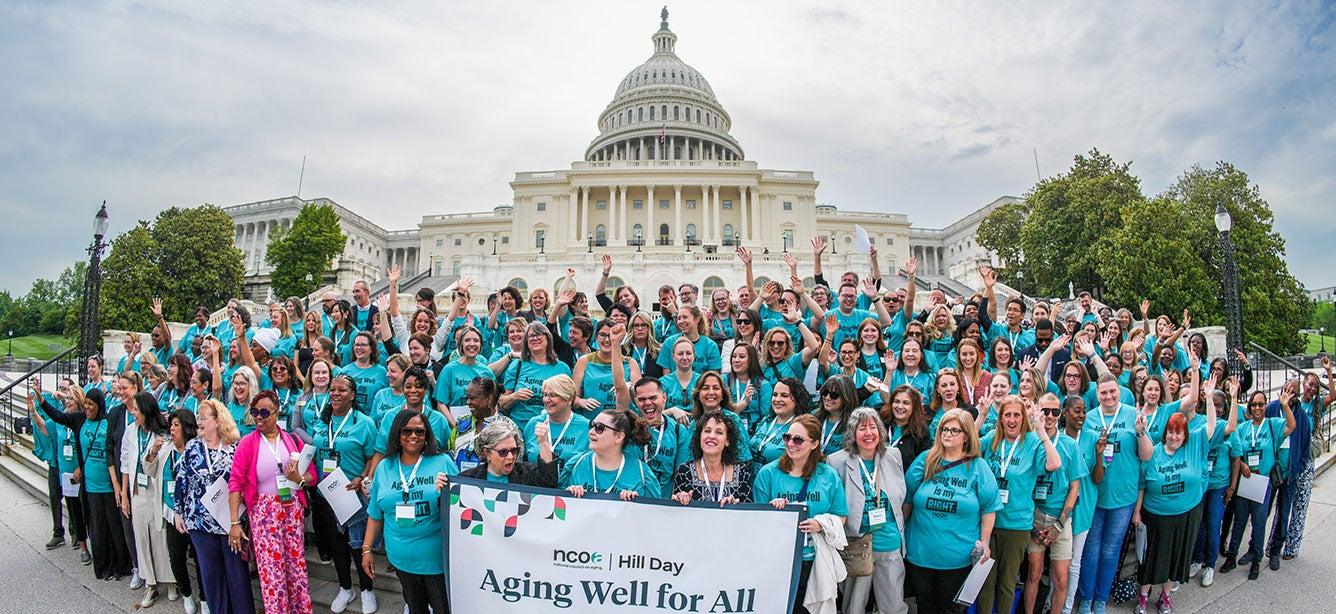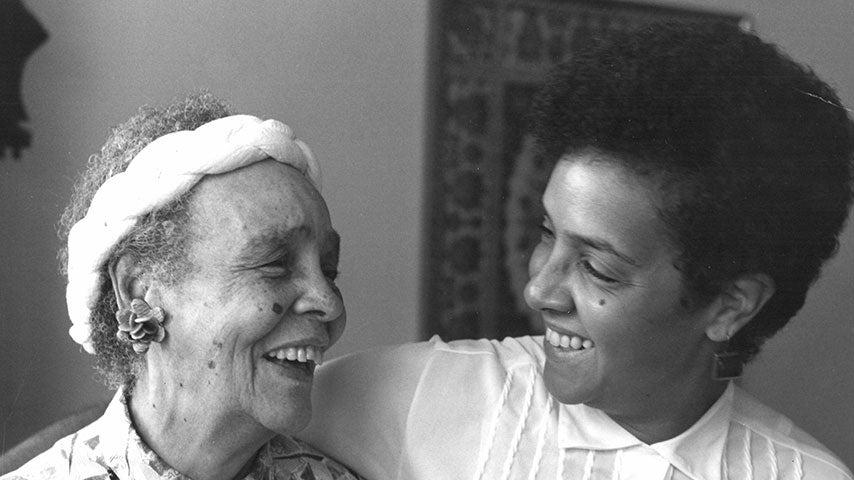Press Room
For interviews with experts on aging issues, please contact us at press@ncoa.org and/or simona.combi@ncoa.org.

Learn more about our work
NCOA News

Latest Research on Aging

Our Policy Positions

As we are living longer and healthier lives, it's important to recognize that aging is dynamic and differs for each person. Aging with health and economic security should be a right, not a privilege awarded to only those who can afford it. In your coverage of aging issues, turn to NCOA for expert commentary, the latest data, and innovative solutions that can help all of us.
Our subject-matter experts can comment on all aspects of aging, including the following issues:
Health
For many of us, good health helps ensure independence, security, and productivity as we age. Yet, health and safety challenges, such as chronic conditions, falls, and mental health issues impact millions of older Americans—all of which can impact quality of life. NCOA develops solutions that address health and well-being, including falls prevention, nutrition, social isolation, aging in place, and access to Medicare and Medicaid. NCOA also supports a network of over 11,000 senior centers nationwide.
Economic Well-Being
NCOA is committed to helping all older adults access the financial programs and supports available to them, including resources to find work. Through economic well-being initiatives, we partner with the aging services network and financial services industry to create tools for better budgeting, offer tips to avoid online scams and fraud, and support job training resources like the Senior Community Service Employment Program (SCSEP). We also offer resources on navigating retirement, Social Security, and benefits, including:
- Supplemental Nutrition Assistance Program
- Medicare Savings Programs
- Medicare Part D Low-Income Subsidy (Extra-Help)
- Low-Income Home Energy Assistance Program (LIHEAP)
Policy
As an organization with a mission of making aging well possible for everyone, NCOA constantly advocates for older adults. Working with thousands of national and local partners, our Policy Team works to ensure every person can age with health and financial security. Key issues include:
75+ Years of Helping People Age Well
From the spark of a movement to building toward the future, NCOA’s work to ensure we can all age with health and financial security is rooted in more than 75 years of impact. This timeline highlights key moments along the way.

What Should Aging Look Like?
Aging well in America means drawing upon important assets that support long life. Learn more about what we need to do to ensure everyone has the resources to nurture their well-being and independence.